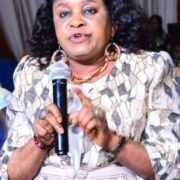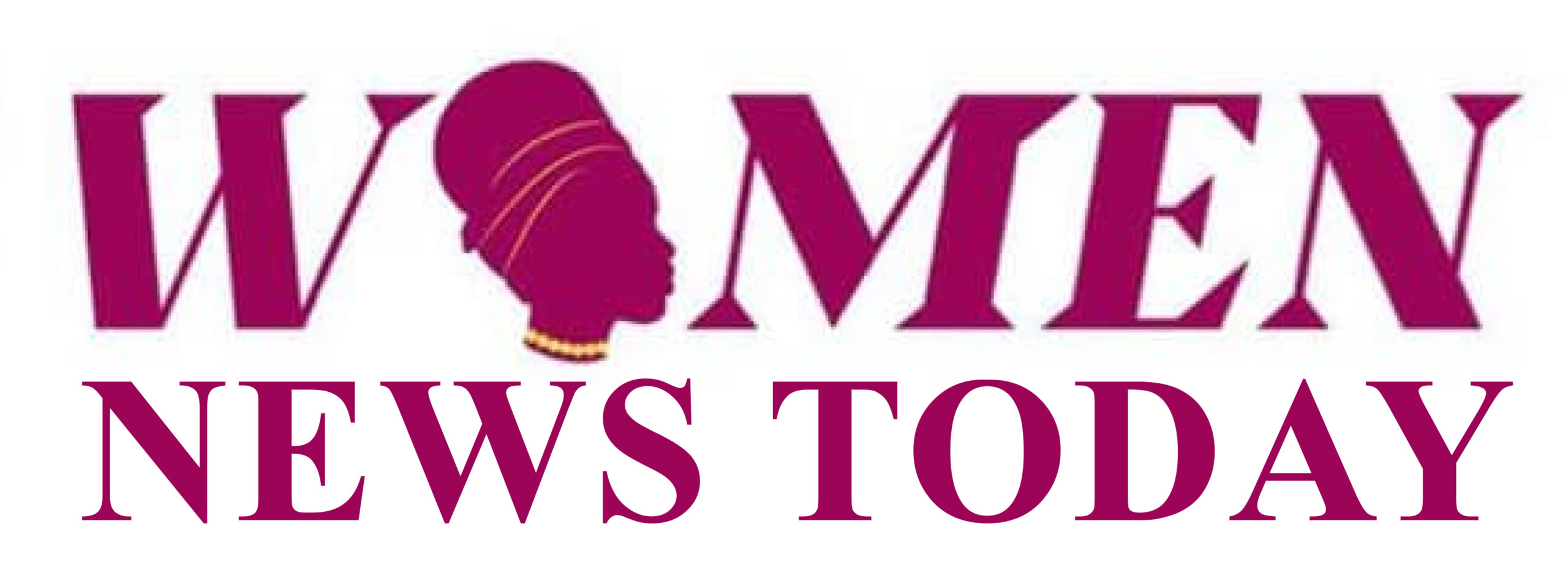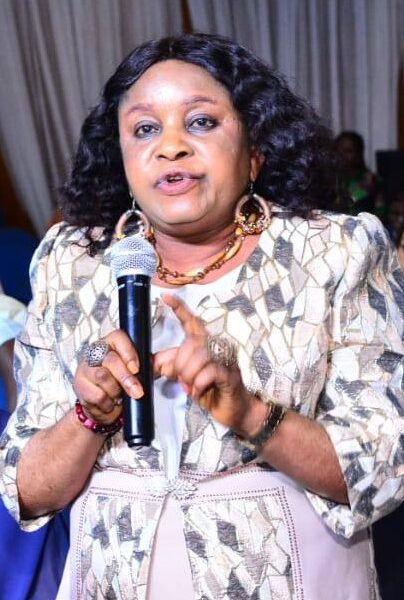…From rebirth to results, championing literacy and equity
Less than two years ago, when Dr. Roselyn Apoare-Uranta was appointed the Commissioner for Women Affairs, she found a ministry in what she described as a “fragile reborn” state. It was a blank canvas, full of potential but lacking the vibrant brushstrokes of action. Today, she’s remolding the ministry into masterwork of purpose, a dynamic hub of growth and development for the women of Rivers State.
Through a blend of energetic leadership and renewed administrative vigor, Dr. Uranta has not just revitalized the ministry; she has repositioned it as an indispensable force for change. Her approach is a testament to the power of a clear vision and the unwavering commitment to turning policy into practice.
A Beacon of Hope in the City Centre
Perhaps the most visible symbol of this new era is the Women Development & Skills Acquisition Centre. It’s not just a building; it’s a living, breathing resource hub envisioned to serve the heart of the city. More than just a place for vocational training, it offers a sanctuary for community and enterprise. Within its walls, women are learning the art of catering, gaining skills that promise not just a paycheck but a pathway to independence.
The centre also offers affordable event spaces, a deliberate move to remove financial barriers and encourage solidarity among women’s groups. It’s a place where aspirations are nurtured, where business ideas are born, and where the sense of community feels as tangible as the air itself.
Forging Alliances, Building Momentum
Dr. Uranta’s tenure has been marked by a relentless drive to forge robust partnerships. She understands that the ministry cannot operate in a silo, and she has made it her mission to create a web of collaboration that amplifies its reach. One of her key strategies has been to encourage women’s groups to register with the Corporate Affairs Commission, a crucial step that unlocks access to government support and official recognition.
Regular stakeholder engagements have become a hallmark of her leadership, strengthening ties with non-governmental organizations, civil society groups, and corporate entities. A particularly poignant collaboration is with the International Federation of Women Lawyers (FIDA), where the ministry now provides data support through national dashboards to better manage and address gender-based issues. “Our work is not just about speeches and events,” Dr. Uranta explains. “It’s about building a robust ecosystem where every partner, from NGOs to corporate bodies, is a part of the solution.”
A Passionate Stand Against Gender-Based Violence
In the fight against gender-based violence (GBV), Dr. Uranta is not just a commissioner; she is a passionate advocate. She leveraged the global “16 Days of Activism” campaign to rally attention and resources, her voice echoing with a fierce condemnation of violence in all its forms. She believes the battle must be won at its roots, often within the very confines of the family. “GBV is a silent epidemic that starts in our homes and shatters our communities,” she stated during a campaign event. “We must not only condemn it but work tirelessly to prevent it.”
She has stressed a multifaceted approach to prevention, one that involves public awareness, policy reform, and community mobilization. Her message to victims is clear and urgent: speak out. “The Ministry of Women Affairs, Social Welfare, and our allied agencies are here for you,” she says, offering a lifeline to those trapped in silence. “Your voice is the first step toward reclaiming your life.”
Building the Modern Woman
Education is another cornerstone of her agenda, but she recognizes that modern literacy goes far beyond reading and writing. Leading initiatives for International Women’s Literacy Day, she emphasized that true empowerment in the digital age requires financial, digital, and communication skills. Her programs are designed to equip women with practical tools to navigate the modern economy, from simple budgeting to complex business communication.
This philosophy of practical empowerment extends to her work with the state’s most vulnerable women. On International Widows’ Day, the ministry, in collaboration with UNA-Nigeria, empowered over 100 widows with skill-building workshops in areas like soap and bleach-making. The provision of start-up kits wasn’t just a gift; it was an investment in sustainable livelihoods, restoring dignity and independence one small business at a time.
The Legacy in the Making
As Dr. Uranta reflects on her journey from the first to the second Commissioners’ Conference, the progress is palpable. What started as policy ideas have blossomed into tangible assets: skills centres, robust stakeholder networks, and committees. She has translated insights from her peers into local reforms, embedding gender concerns across ministries like Health, Justice, and Social Welfare.
The legacy of Dr. Roselyn Apoare-Uranta is already taking shape. In just a year and a half, she has orchestrated an institutional revamp, transforming a ministry into a vibrant, solution-oriented hub. The Skills Centre stands as a beacon of vocational training and empowerment. Anti-GBV campaigns have raised awareness and strengthened support mechanisms. Literacy initiatives are building essential modern skills. Widow support programs are providing practical aid and restoring dignity. And through constant advocacy and forums, she is championing affirmative action and gender equity across all sectors.
Dr. Uranta’s tenure is defined not by vision alone, but by a relentless commitment to turning that vision into action. When her time at the helm concludes, Rivers State will remember that under her leadership, the Ministry of Women Affairs didn’t just survive; it thrived. It modernized and set women on clear pathways to leadership, dignity, and economic agency, proving that true empowerment is built on a foundation of tangible structures, collaborative networks, and a deep-seated belief in the potential of every woman.


